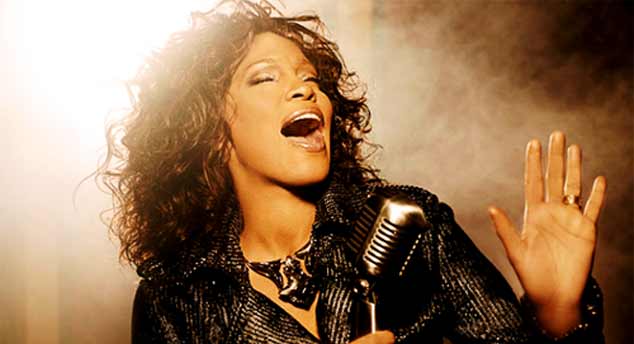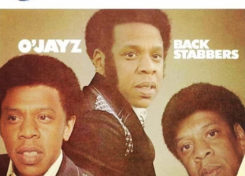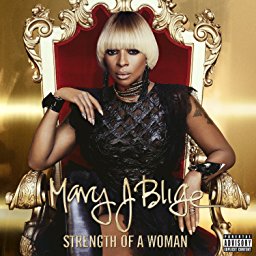I remember the very first time that I discovered The Voice.
As an 80s Baby, I was watching one of those pre-BET/MTV music video shows and heard her before I saw her, a supple and sweet soprano that poured into my senses and captivated me moments before its owner graced the screen. “Now you’re here like you’ve been before and you know, just what, I need. It took some time for me to see…”
She had a long, lean frame, a mega-watt smile and a face that was as gorgeous as her vocals. “You Give Good Love” was the name of the song and weeks later, I bought the first of many albums carrying the name and likeness of my now-favorite female performer, Whitney Houston.
For those of us who came of age in that era, Ms. Houston became the first certified diva of our generation. Elegant, yet accessible, Whitney’s supernatural gifts were tempered with an ordinary middle-class upbringing, a pair of devoted church-going parents and a pride in her African-American heritage that helped all of her young fans believe in their own talents. Because of the vitality that she poured into her music, we embraced her and believed that our unrealized dreams could draw new life from her unparalleled success.
So when Houston grew older, found the fabricated image to be an uncomfortable fit and began to live on her own terms—even stumbling through it thanks to her acknowledged addiction to cocaine—her downfall was as unexpected as it was unsettling.
But now, thanks to a newly-released memoir and the bombshell-filled interview with Oprah Winfrey that coincide with the one-year anniversary of her death, it’s become painfully obvious that the one-time “Prom Princess of Pop” experienced a life plagued with relentless criticism and unreachable expectations that made her life more of a nightmare than a fairy tale.
According to the memoir Remembering Whitney: My Story of Love, Loss and the Night The Music Stopped, Cissy was afraid to confront her daughter about the escalating drug use (“I didn’t want her to run completely away from me”). She all but villified her ex son-in-law Bobby Brown as the root of Whitney’s addiction, but sat patting her son Michael reassuringly as he confessed to Oprah that he was the one who gave his baby sister her first taste of cocaine sometime during the 1980s.
And when Ms. Winfrey asked Mrs. Houston point-blank if she would have accepted her daughter being gay, her response was immediate. “Not at all.” So within this dysfunctional dynamic, being an addict was cool as long you managed to be ‘straight’ at the same time. Is it any wonder that the late Ms. Houston found the Perfect Pop Princess facade “too much to live up to” and ended up in a toxic relationship with a man who, in Whitney’s public words, “allowed me to be me”?
Unfortunately, it seems like the cocaine that once functioned as a hobby became an escape hatch from the false reality that Whitney felt pressured to maintain.
To lose a child at any age is a horror I hope to never experience. And obviously, Whitney’s death took a terrible toll on her mother, her siblings, her daughter and everyone else who loved and celebrated her life and her achievements. But what I also learned from her passing is that the approval of others can come at too high of a cost and diminish the quality of the life that we have to experience. If what our children want for themselves is legal and harmless, is it really worth risking their sanity and well-being to compel them to exist otherwise?
Saying goodbye to that powerful voice was a painful end to a chapter of my childhood. But more than just entertaining me, Whitney Houston demonstrated that maintaining one’s truth is the key to real success. But I still wish that the message of “The Greatest Love of All”—“if I fail, if I succeed, at least I’ll live as I believe”—-could’ve resonated with my childhood idol long before she happened to harmonize the words.






1 Comment
“But what I also learned from her passing is that the approval of others can come at too high of a cost and diminish the quality of the life that we have to experience.”
Great sentence and sentiment. There is freedom in truth.
February 15, 2013 at 10:07 am